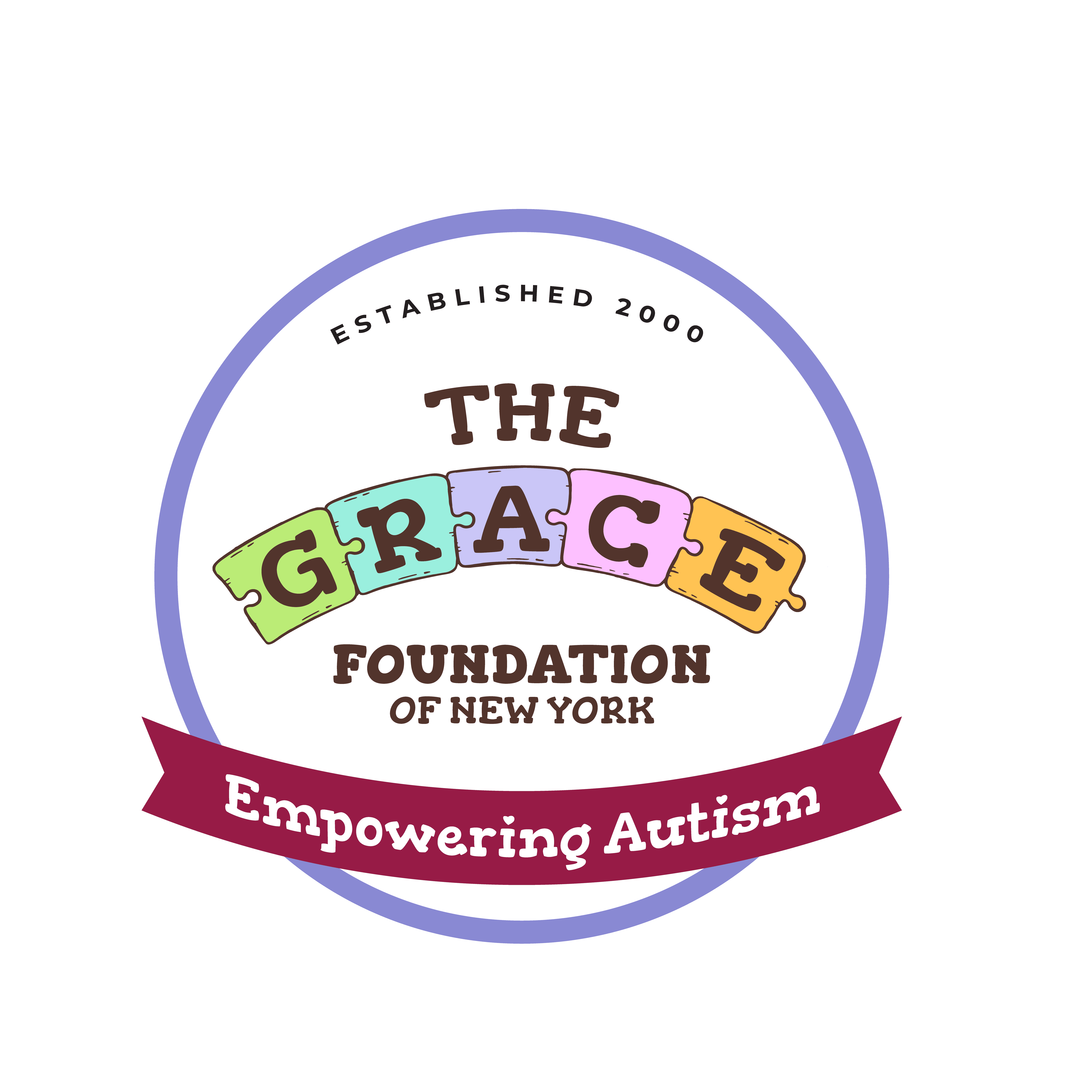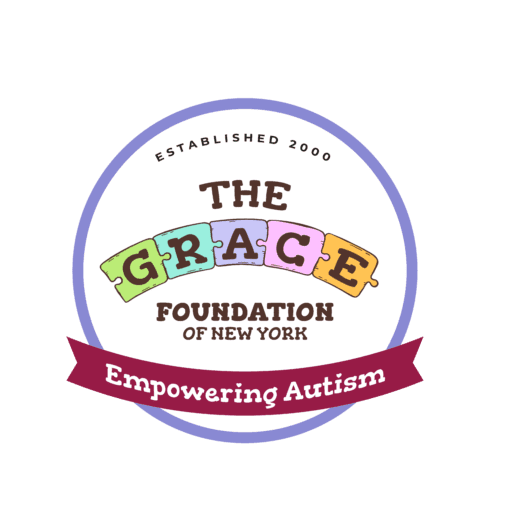How Does The GRACE Foundation Empower Those With Autism?
Watch Our Television Campaign
The GRACE Foundation partnered with Viewpoint Hosted by Dennis Quaid for a special campaign during Autism Awareness month. Check it out below.
Proudly Seen On These Networks:

GRACE Foundation Services


Day Habilitation
Supporting, educating and enhancing the quality of life for children/adults and their families impacted by Autism Spectrum Disorder (ASD)

Respite Programs
On site programming and activities

Community Habilitation
Enhancing the skills needed for those with ASD to live more independently.

Raising Awareness
Community partnerships, events, programming and fundraising to support those with ASD and their families
Support The GRACE Foundation
Frequently Asked Questions
We’ve compiled a list of frequently asked questions, however, please know that every case is unique and therefore we encourage you to reach out to us directly by dialing (718) 983-3800 or filling out our contact form here.
What Does G.R.A.C.E. Stand For?
Our acronym stands for Getting Resources for Autistic Children ‘s Equality
How do I donate to The GRACE Foundation?
Interested donors can make a donation direclty through our website, by clicking here.
What will my donation support?
All donations will be used to underwrite the costs associated with activities and programming at GRACE
How Do I Get My Child Diagnosed? Where Do I Go?
There are several New York based organizations and programs that also offer Autism evaluation and can provided continued care. A few to consider are:
IBR (Institute for Basic Research)
Hassenfeld Children’s Hospital NYU Langone
Do I Qualify For Services?
The Front Door is a program created by New York State Office for People With Developmental Disabilities (OPWDD) The program connects you to the services you may be seeking out. Contact your local Front Door Regional Office by clicking below or calling 866-946-9733 to check your eligibility and get started. Once you are determined eligible, you can begin the planning process. There are many service options available, including support to live in your home independently or with others, employment, day habilitation, children’s services, and more. Click here to be taken to their site.
What is ASD?
Autism Spectrum Disorder
Autism, or autism spectrum disorder (ASD), refers to a broad range of conditions characterized by challenges with social skills, repetitive behaviors, speech and nonverbal communication. According to the Centers for Disease Control, autism affects an estimated 1 in 36 children.
Autism looks different for everyone, and each person with autism has a distinct set of strengths and challenges. Some autistic people can speak, while others are nonverbal or minimally verbal and communicate in other ways. Some have intellectual disabilities, while some do not. Some require significant support in their daily lives, while others need less support and, in some cases, live entirely independently.
What Is Self Direction?
Self–directed services offer the greatest amount of control in how, where, and by whom services are provided.
What Does GRACE Accept?
Medicaid Wavier
Self-Direction
Required Documentation to Enter GRACE Programming
Life plan
Psychological and social evaluations (from the last three years if possible)
LOC-LCED (Level of Care)
NOD (Notice of Decision)
Copy of Self Direction Budget
SART – Service Amendment Request Tool
Update Medical Form with updated PPD
Individual Rights and Responsibilities Form
Photo Release
Registration Form
Family Support Services?
The GRACE Foundation works with the following Care Coordination Organizations:
M-CHAT-R/F Screening Test
The Modified Checklist for Autism in Toddlers, Revised (M-CHAT-R) is a screener that will ask a series of 20 questions about your child’s behavior. It’s intended for toddlers between 16 and 30 months of age. The results will let you know if a further evaluation may be needed. You can use the results of the screener to discuss any concerns that you may have with your child’s healthcare provider.
Please answer questions to reflect your child’s usual behaviors. If the behavior is rare (e.g., you’ve seen it only once or twice), answer as if the child has not acquired the behavior.
